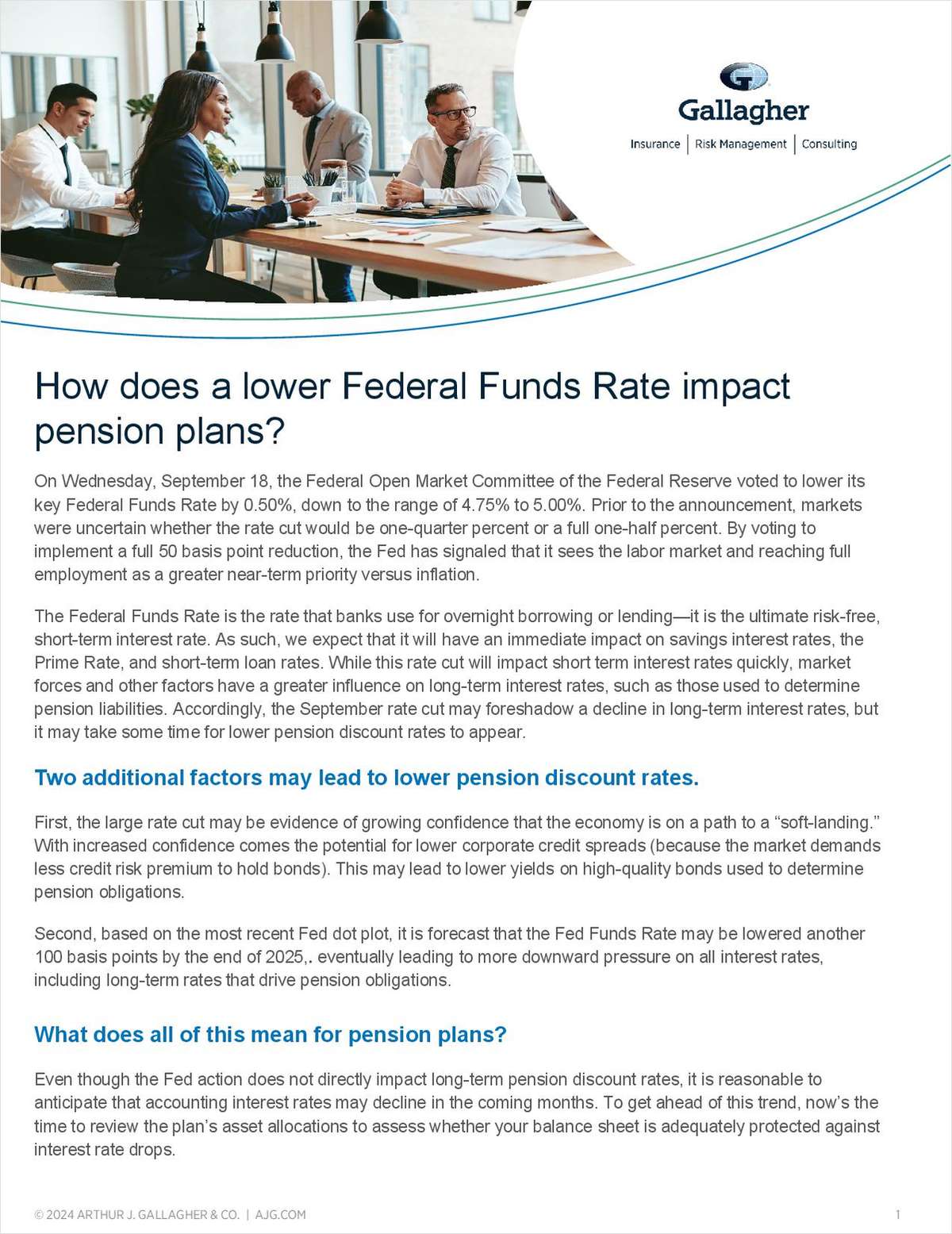The U.S. Equal Employment Opportunity Commission is moving forward with guidelines for corporate wellness plans that cover requests for family medical history in exchange for plan incentives.
EEOC has been mulling such plan incentives to ensure that plan participants aren’t unduly punished or rewarded for parting with such sensitive information. The agency wants to develop policies that bring wellness plan incentives (and penalties) in line with the Genetic Information Nondiscrimination Act.
Its latest strategy for allowing wellness plan managers to gather genetic/medical data without running afoul of GINA was released Friday in its proposal to amend GINA’s application to wellness plans.
The proposed rules are designed to address certain exceptions to GINA’s data gathering restrictions, exceptions that employers and plan designers say allows them to request such information for wellness plan participants.
“Title II of GINA protects job applicants, current and former employees, labor union members and apprentices, and trainees from employment discrimination based on their genetic information,” the agency said in a release announcing the proposed rules. “It prohibits employers covered by the law from using genetic information in making decisions about employment. It also restricts employers from requesting, requiring, or purchasing genetic information, unless one or more of six narrow exceptions applies.”
Among the exceptions the new rules address are instances where an employee “voluntarily accepts health or genetic services offered by an employer, including such services offered as part of a wellness program.” The proposed rules state:
The total incentive for an employee and spouse to participate in a wellness program that is part of a group health plan and collects information about current or past health status may not exceed 30 percent of the total cost of the plan in which the employee and any dependents are enrolled.
The maximum portion of an incentive that may be offered to an employee alone may not exceed 30 percent of the total cost of self-only coverage.
“EEOC believes that the approach adopted in this rule harmonizes the two titles of GINA, which both regulate employer wellness programs that are part of group health plans, as a coherent whole,” the agency release said. “At the same time, EEOC is mindful that this change creates an exception to the general rule that no incentives may be provided for an employee’s genetic information. Therefore, the agency has interpreted the exception as narrowly as possible.”
EEOC will accept comments on the proposed amendments for 60 and then will vote on a final rule.
Complete your profile to continue reading and get FREE access to BenefitsPRO, part of your ALM digital membership.
Your access to unlimited BenefitsPRO content isn’t changing.
Once you are an ALM digital member, you’ll receive:
- Breaking benefits news and analysis, on-site and via our newsletters and custom alerts
- Educational webcasts, white papers, and ebooks from industry thought leaders
- Critical converage of the property casualty insurance and financial advisory markets on our other ALM sites, PropertyCasualty360 and ThinkAdvisor
Already have an account? Sign In Now
© 2024 ALM Global, LLC, All Rights Reserved. Request academic re-use from www.copyright.com. All other uses, submit a request to [email protected]. For more information visit Asset & Logo Licensing.








